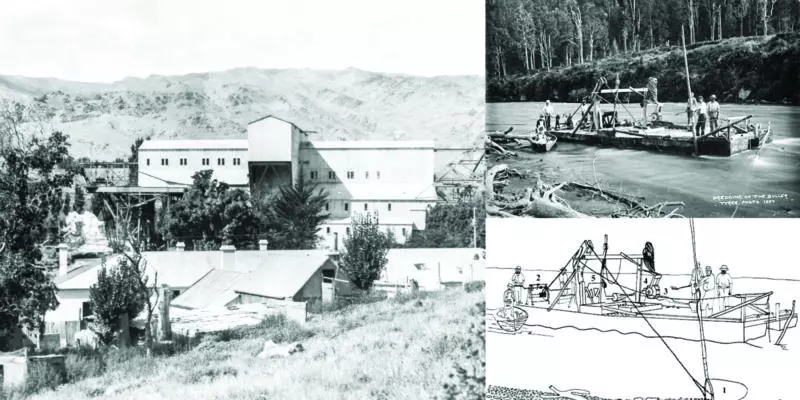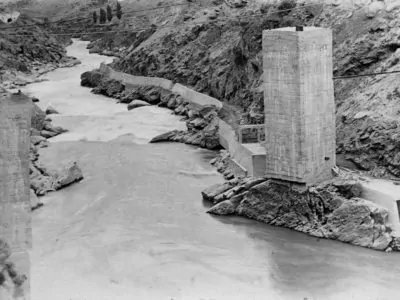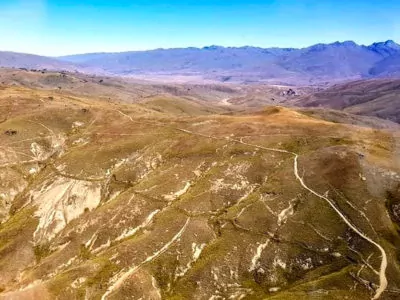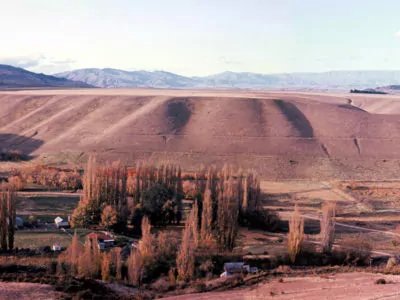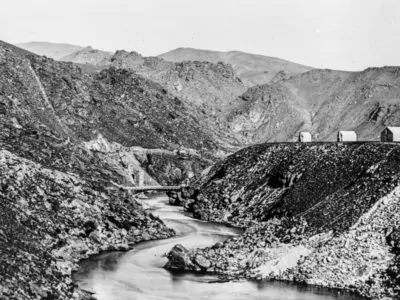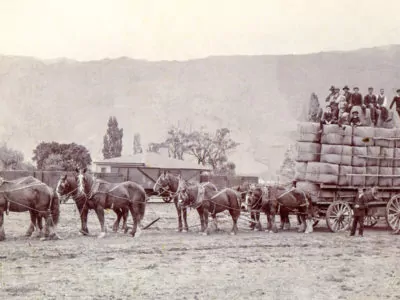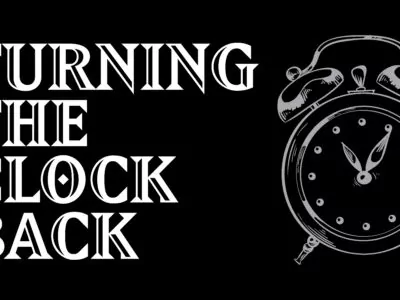Initially gold was found on the various beaches along the riverbanks of the Clutha and Kawarau Rivers and won by panning/ cradling. The miners soon realised that there must be gold in the river channels and deeper along the riverbanks. To get at it was a problem.
The first to think of getting at the gold by “dredging” was a Chinese miner Charles Sew Hoy. He had a spoon dredge designed and built in Dunedin in 1863. It consisted of a large Spoon on the end of a shaft mounted on a pontoon floating in the river. The Spoon was dipped into the river dragged along the bottom to spoon up gold bearing material known as wash. It was put to work on the Shotover River and had some success.
In 1868 the first bucket dredge known as a bucket wheeler was designed using the rivers current to drive it. It had a series of buckets mounted on an endless chain to dig up the wash. This method of operating the chain dredge had limited success as not enough power was produced to operate it. In 1882 a steam engine was used with considerable success and by 1890 electric power was being used to drive electric motors to drive the chain of buckets.
1900 was the boom year of dredging with 187 dredges in operation along various parts of the Clutha River. Many of them small. The most successful ever was the Lady Ranfurly operating above the Bannockburn bridge won a record 1234 oz of gold in a 1-week period in July 1902. On another occasion, 600 oz from a 5mx5m area of ground. On today’s gold price this would be valued at over $3.2 Million.
The largest gold dredge in the world the Astral -NZ was built and worked from 1940 to 1952 in an area from near the current bridge into Cromwell upstream as far Pisa Moorings. Part of this areas is known as the Rise and Shine basin. It was operated by electricity supplied by the Roaring Meg powered station which was constructed especially for it. The power station also supplied power the surrounding district. I recall conversations with residents who lived in the district during the time the dredge operated mentioning that at night when the dredge needed extra power the lights in the houses dimmed noticeably.


